SUSTAINABLE AMBITION
Life coach and public speaker Oneto offers a refreshing alternative to the hustle culture that defines much of modern professional life and can often lead to feelings of burnout. While drawing on personal experience and her own coaching insights, she challenges readers to reconsider how ambition is defined, what it means in practice, and how it can support, rather than sabotage, one’s well-being. The book, at its core, is both radical and comforting in its assertion that ambition isn’t inherently unhealthy, but simply needs recalibrating. To that end, Oneto introduces readers to the Sustainable Ambition mindset, which reframes ambition as something not directed at a specific target, but as a kind of personal compass; this, in turn, leads into her Sustainable Ambition Method, which suggests “aligning the right ambition at the right time with the right effort.” The author’s tone is neither prescriptive nor preachy, which sets the book apart from some others in the genre; instead, she invites readers into a place of reflection on their senses of truth and purpose, while providing prompts, exercises, and practical tools throughout. A particularly resonant aspect of the work is her call to “reclaim” ambition as a source of fulfillment, rather than one of self-erasure. Oneto doesn’t promise easy answers, nor does she make claims that seem too good to be true about her mindset or method, but she does offer a clear roadmap for sustainable growth that respects individuality. The book shows a clear intention to guide and support, and it may allow readers to develop a new way of thinking about one’s goals—especially at times when their motivation is low.


Life coach and public speaker Oneto offers a refreshing alternative to the hustle culture that defines much of modern professional life and can often lead to feelings of burnout. While drawing on personal experience and her own coaching insights, she challenges readers to reconsider how ambition is defined, what it means in practice, and how it can support, rather than sabotage, one’s well-being. The book, at its core, is both radical and comforting in its assertion that ambition isn’t inherently unhealthy, but simply needs recalibrating. To that end, Oneto introduces readers to the Sustainable Ambition mindset, which reframes ambition as something not directed at a specific target, but as a kind of personal compass; this, in turn, leads into her Sustainable Ambition Method, which suggests “aligning the right ambition at the right time with the right effort.” The author’s tone is neither prescriptive nor preachy, which sets the book apart from some others in the genre; instead, she invites readers into a place of reflection on their senses of truth and purpose, while providing prompts, exercises, and practical tools throughout. A particularly resonant aspect of the work is her call to “reclaim” ambition as a source of fulfillment, rather than one of self-erasure. Oneto doesn’t promise easy answers, nor does she make claims that seem too good to be true about her mindset or method, but she does offer a clear roadmap for sustainable growth that respects individuality. The book shows a clear intention to guide and support, and it may allow readers to develop a new way of thinking about one’s goals—especially at times when their motivation is low.













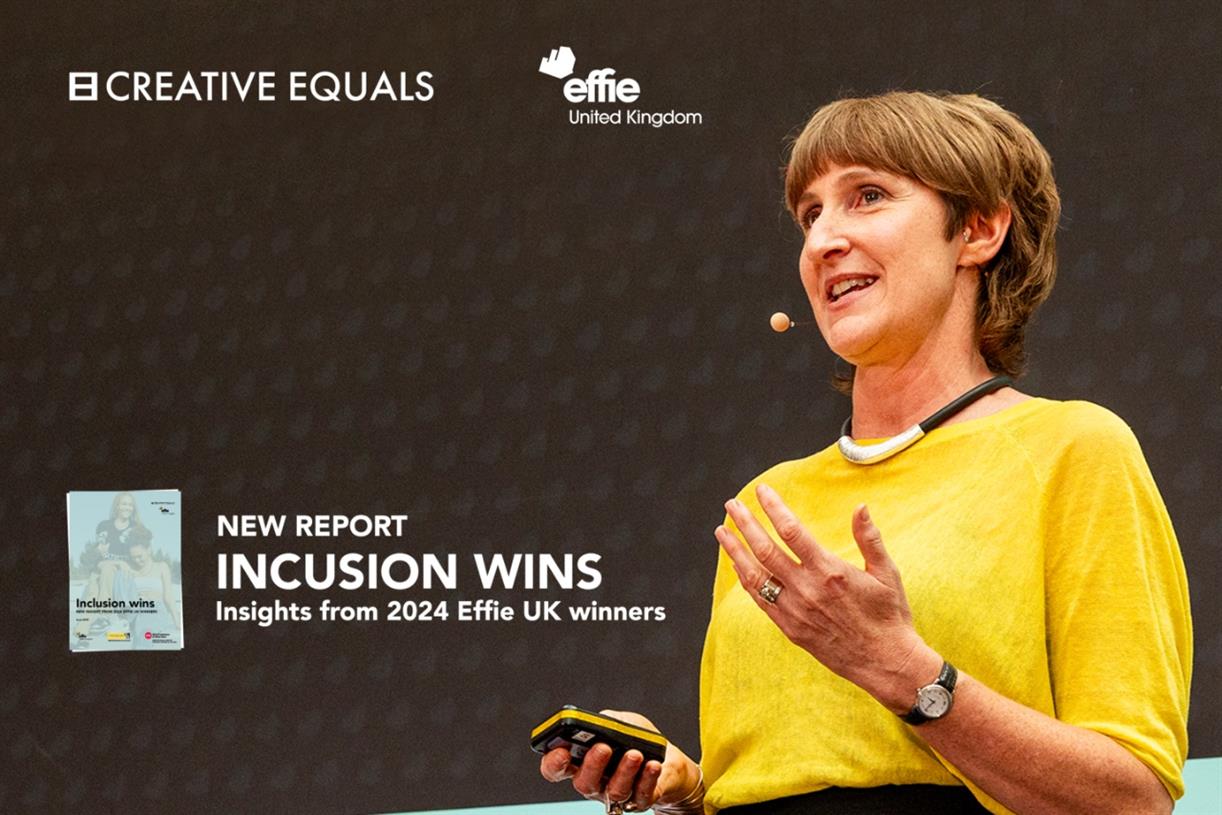
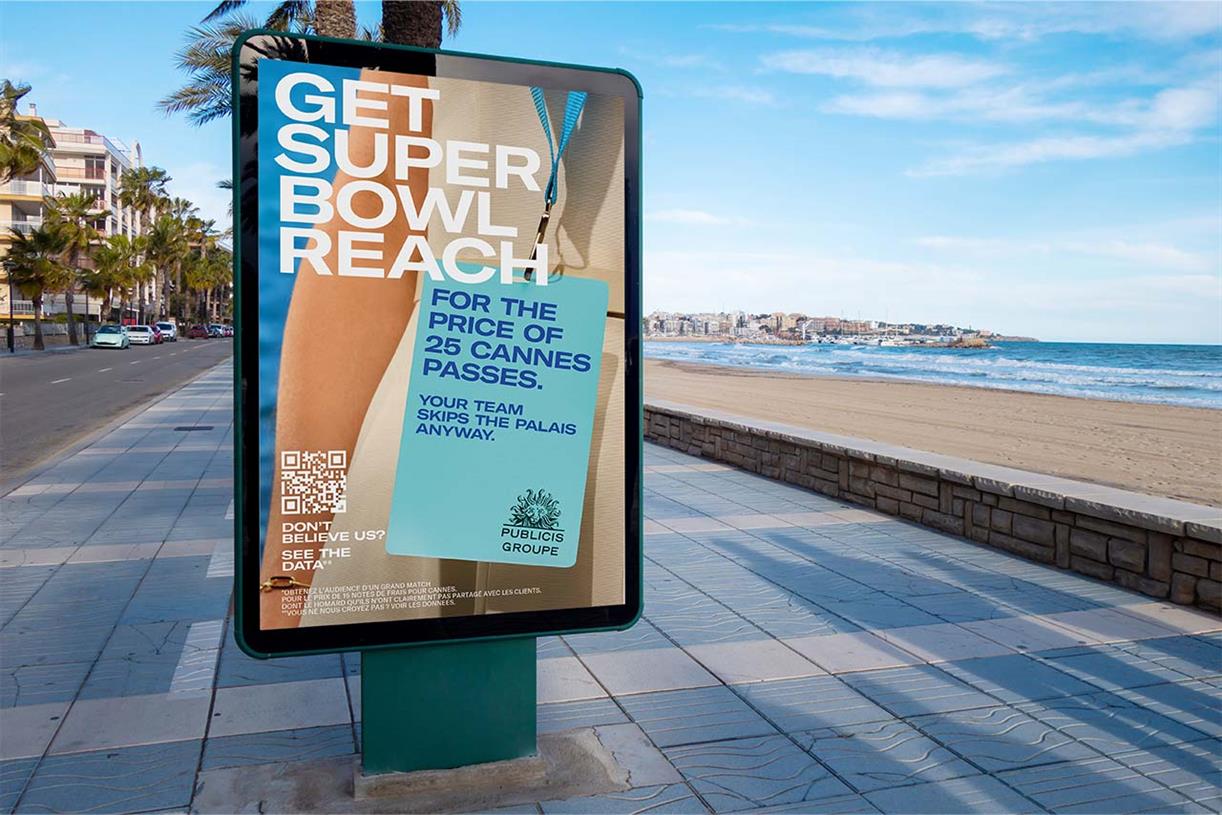










![Brand and SEO Sitting on a Tree: K-I-S-S-I-N-G [Mozcon 2025 Speaker Series]](https://moz.com/images/blog/banners/Mozcon2025_SpeakerBlogHeader_1180x400_LidiaInfante_London.png?auto=compress,format&fit=crop&dm=1749465874&s=56275e60eb1f4363767c42d318c4ef4a#)

![How To Launch, Grow, and Scale a Community That Supports Your Brand [MozCon 2025 Speaker Series]](https://moz.com/images/blog/banners/Mozcon2025_SpeakerBlogHeader_1180x400_Areej-abuali_London.png?auto=compress,format&fit=crop&dm=1747732165&s=beb7825c980a8c74f9a756ec91c8d68b#)
![Clicks Don’t Pay the Bills: Use This Audit Framework To Prove Content Revenue [Mozcon 2025 Speaker Series]](https://moz.com/images/blog/banners/Mozcon2025_SpeakerBlogHeader_1180x400_Hellen_London.png?auto=compress,format&fit=crop&dm=1747758249&s=9f3c5b1b7421f862beace1cb513053bb#)

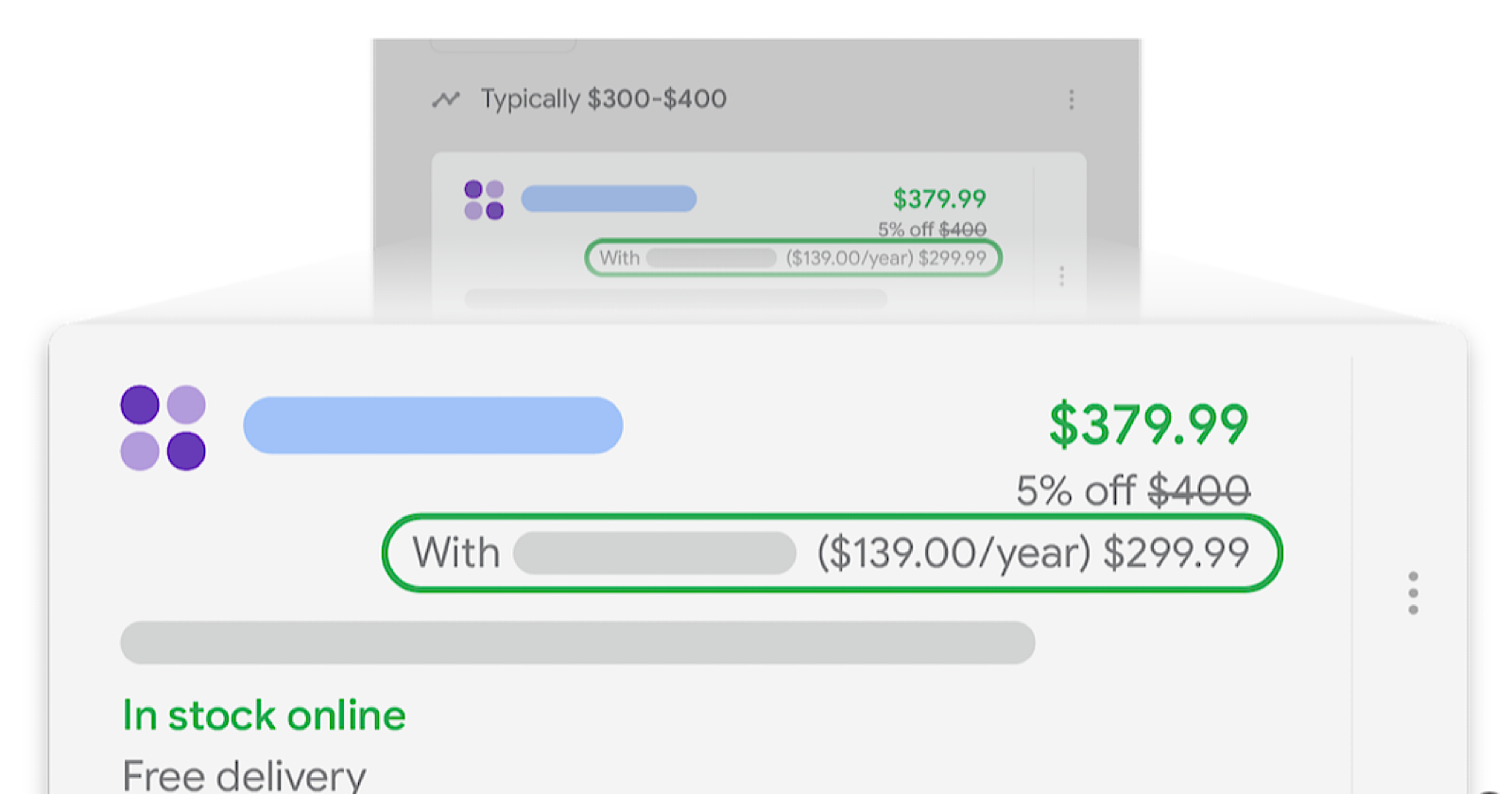





















![The 11 Best Landing Page Builder Software Tools [2025]](https://www.growthmarketingpro.com/wp-content/uploads/2024/04/best-landing-page-software-hero-image-1024x618.png?#)
















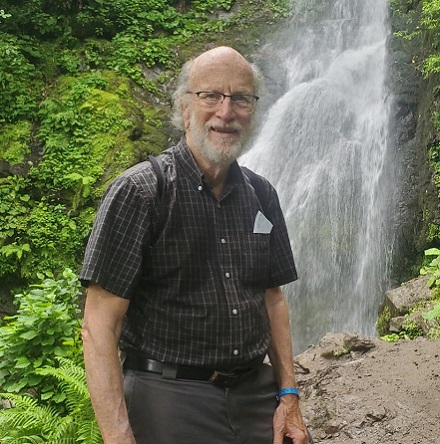


















![How To Build AI Tools To Automate Your SEO Workflows [MozCon 2025 Speaker Series]](https://moz.com/images/blog/banners/Mozcon2025_SpeakerBlogHeader_1180x400_Andrew_London-1.png?auto=compress,format&fit=crop&dm=1749642474&s=7897686f91f4e22a1f5191ea07414026#)




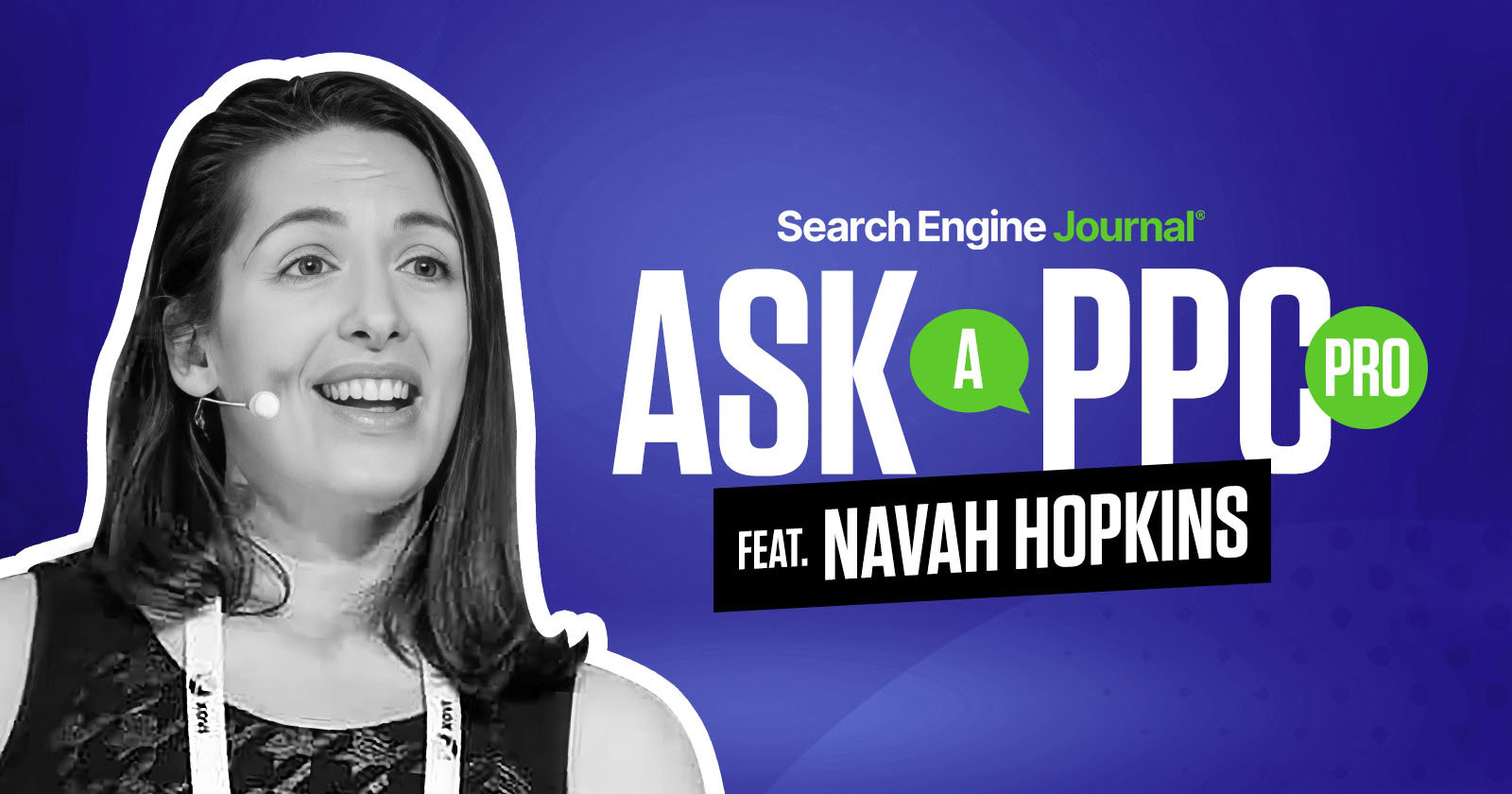
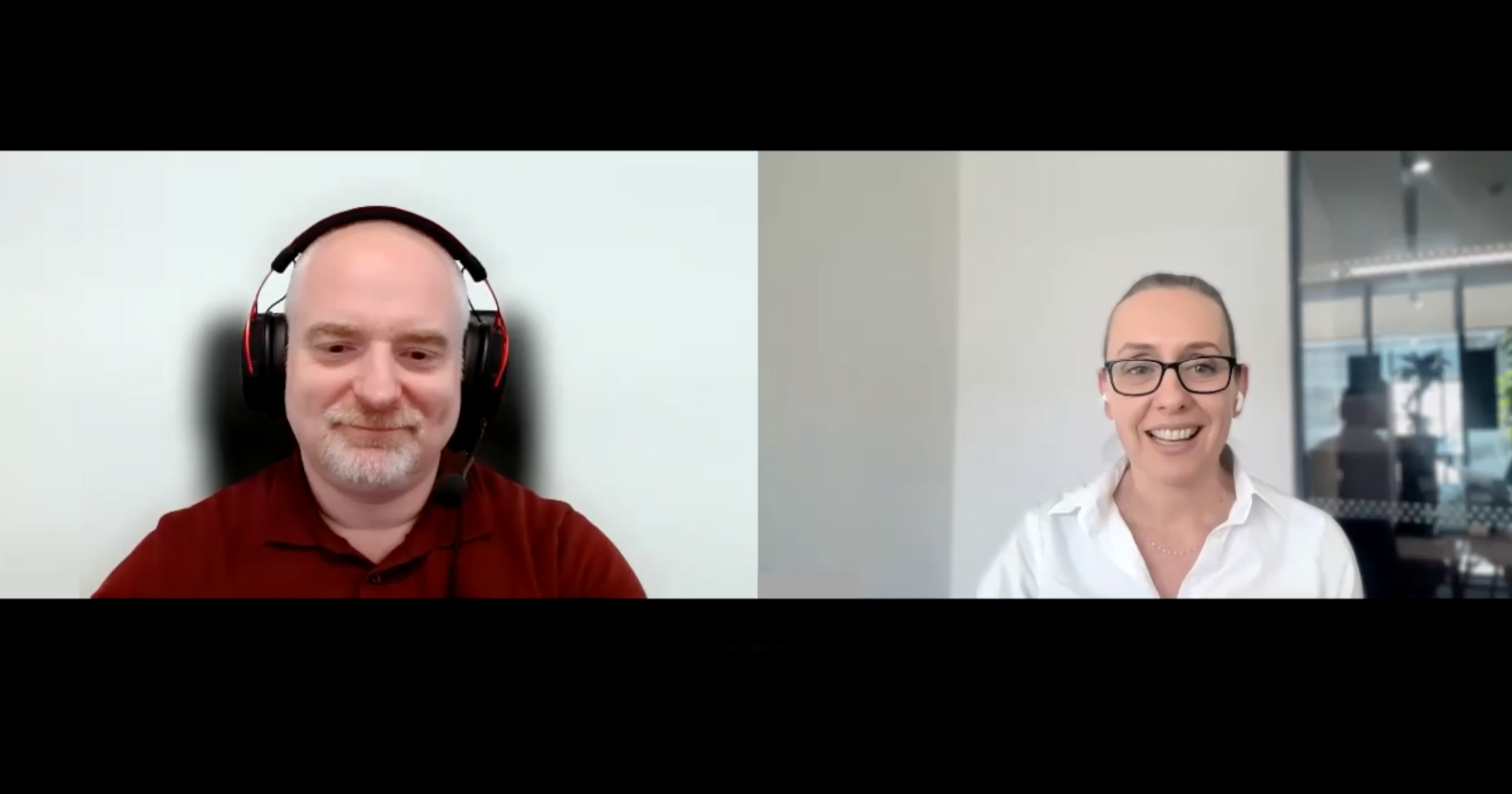






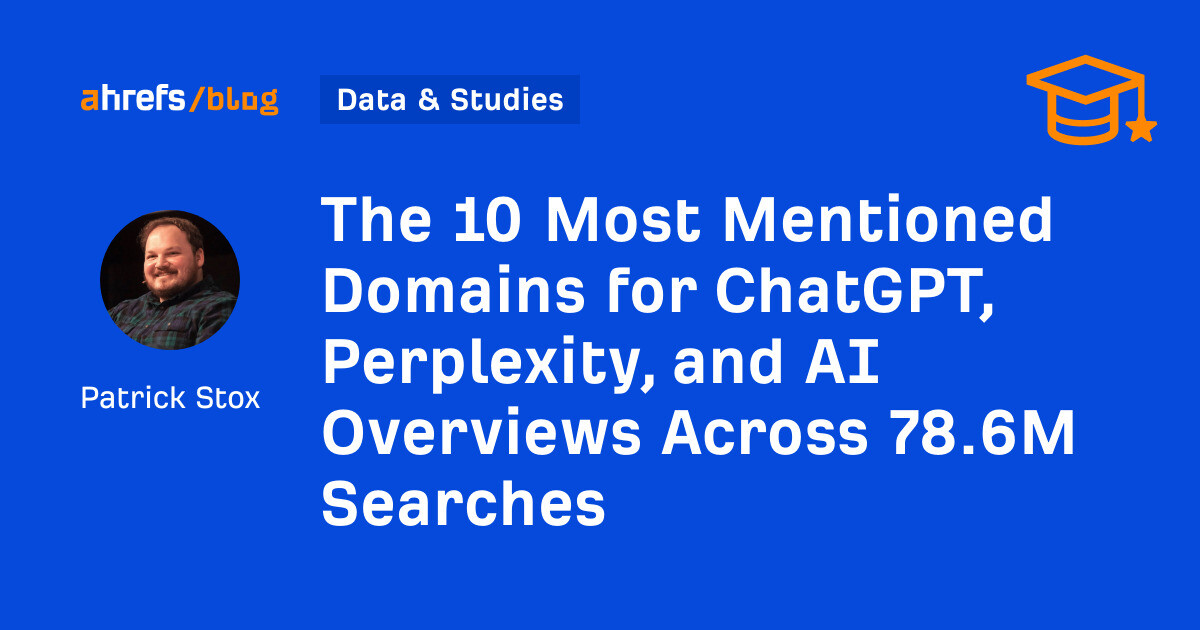
![Marketers Using AI Publish 42% More Content [+ New Research Report]](https://ahrefs.com/blog/wp-content/uploads/2025/06/marketers-using-ai-publish-42-more-by-ryan-law-data-studies-1.jpg)

![X Highlights Back-to-School Marketing Opportunities [Infographic]](https://imgproxy.divecdn.com/dM1TxaOzbLu_kb9YjLpd7P_E_B_FkFsuKp2uSGPS5i8/g:ce/rs:fit:770:435/Z3M6Ly9kaXZlc2l0ZS1zdG9yYWdlL2RpdmVpbWFnZS94X2JhY2tfdG9fc2Nob29sMi5wbmc=.webp)











![Social media image sizes for all networks [June 2025]](https://blog.hootsuite.com/wp-content/uploads/2023/01/Social-Media-Image-Sizes-2023.png)


![The HubSpot Blog’s AI Trends for Marketers Report [key findings from 1,000+ marketing pros]](https://www.hubspot.com/hubfs/state-of-AI-1-20240626-53394.webp)
![AI can boost conversions from your web page — HubSpot’s CMO shows you how [tutorial]](https://knowledge.hubspot.com/hubfs/ai-1-20250605-395473.webp)
![The state of inclusive marketing in 2025 [new data + expert insight]](https://www.hubspot.com/hubfs/inclusive-marketing-report.webp)




















